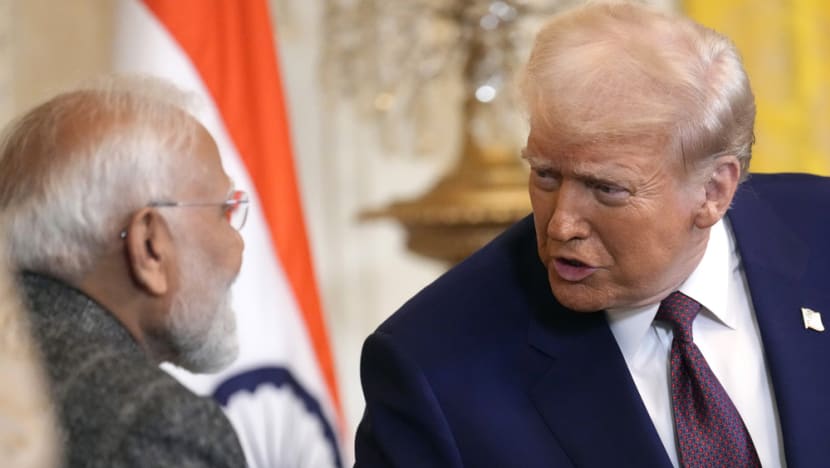

The complex relationship between the United States, Pakistan, and India has been a subject of intense scrutiny for decades. Recent events suggest a continuation, and perhaps an intensification, of the historical pattern where the U.S. leverages its relationship with Pakistan in ways that impact India.
One key aspect of this dynamic is the supply of military equipment and technology. India is reportedly developing a hypersonic missile capable of carrying a conventional bunker-buster warhead, which has triggered concerns in Pakistan that it could eventually be used to target high-value nuclear infrastructure across the border. This development follows closely after the US conducted airstrikes on Iranian nuclear facilities using its GBU-57A/B Massive Ordnance Penetrators (MOP). Rabia Akhtar, a Pakistani expert on strategic affairs, has voiced concerns about the implications of India's missile carrying a bunker-buster bomb.
Adding to the complexity, US President Donald Trump has taken credit for halting recent hostilities between India and Pakistan by threatening to disrupt trade ties. However, Indian officials have refuted these claims, asserting that Trump's statements lack merit and that India's actions were driven by its own strategic considerations following a terrorist attack in Pahalgam.
Furthermore, there are reports that the U.S. may have provided intelligence assistance to Pakistan during the recent conflict, including real-time satellite data that reportedly facilitated Pakistani strikes on Indian military targets. This has led to questions about where the U.S. truly stands, especially given Trump's tendency to be tougher on partners than adversaries when it comes to trade.
Adding another layer to the intricate relationship, veteran journalist Vikram Chandra noted that Pakistan has been rewarded for decisions that India has been penalized for, highlighting Washington's biased behavior. Chandra suggests that Pakistan has mastered the art of navigating Washington's corridors of power, managing to maintain a favorable position despite past actions.
Moreover, Trump has announced a partnership with Pakistan to explore their "massive oil reserves," a move that has raised eyebrows, especially after imposing tariffs on India and warning of penalties over its continued trade with Russia. This announcement, coupled with the possibility of Pakistan selling oil to India in the future, adds a new dimension to the already complex geopolitical landscape.
In light of these developments, India's relationship with the United States appears to be at a turning point. The perception that the U.S. is using its relationship with Pakistan to exert pressure on India is fueling a sense of unease in Delhi. As India navigates this complex landscape, it must carefully balance its strategic interests with its commitment to an independent foreign policy.